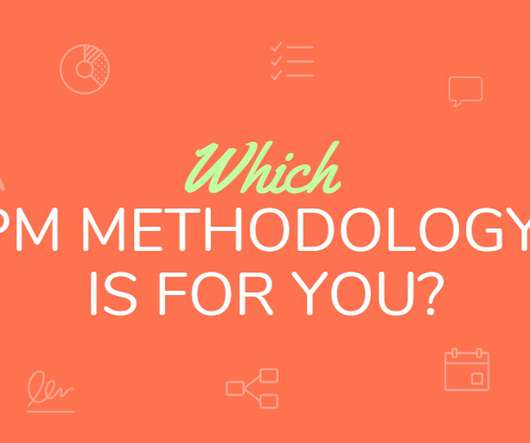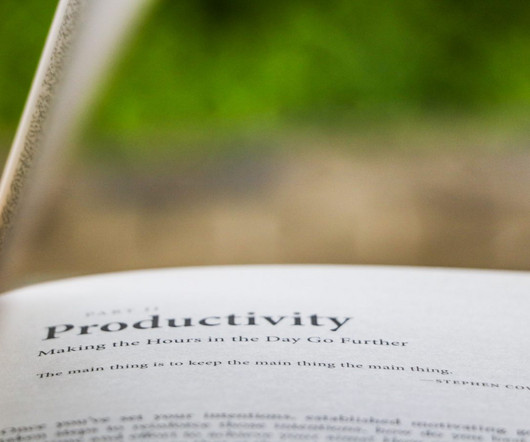Top 10 Project Management Methodologies – An Overview
ProjectManager.com
NOVEMBER 22, 2021
The term scrum was introduced in a “Harvard Business Review” article from 1986 by Hirotaka Takeuchi and Ikujiro Nonaka. It’s a less technical method of project management that doesn’t put as much emphasis on task order or scheduling, but rather on balancing resources and keeping them flexible. Kanban Methodology.





















Let's personalize your content